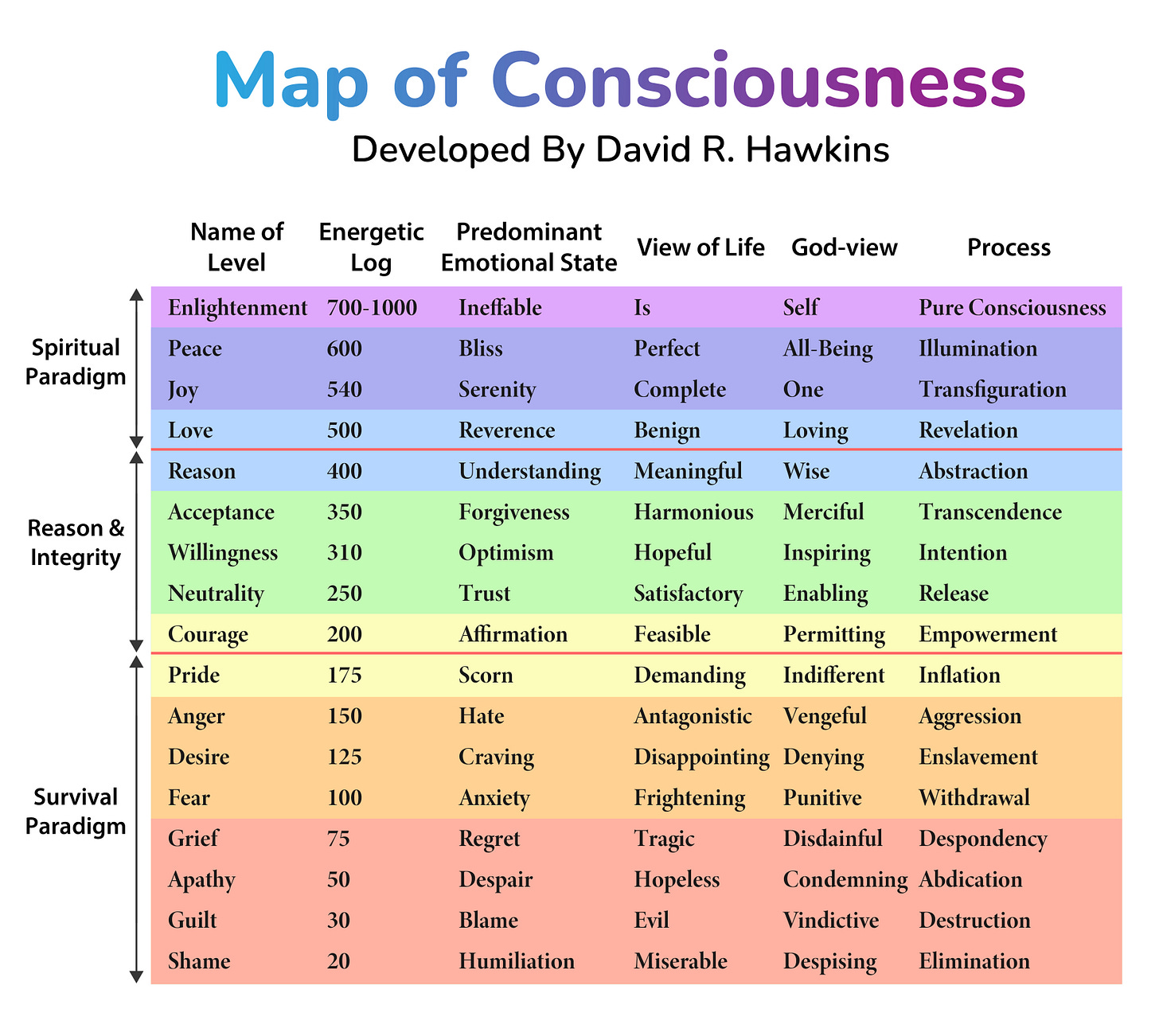A friend of mine has been traveling all over the world in the past year. He is building an organization that helps leaders make wiser and more sustainable decisions grounded in indigenous wisdom traditions. His traveling included getting to know some indigenous cultures. It also included plant medicine and spiritual healing.
As I am currently debating whether to fly to the US in the summer to visit some dear friends and family, the question of whether flying is justifiable or not is very present. I have recently written about it HERE and HERE. Both of these perspectives are grounded in a complex systems perspective. From this perspective, I argued there is no clear right or wrong. It depends on the context, and as we are always already entangled with the world, we are also always already entangled in paradox. How I evaluate the context I am in is a question only I can answer. And at the moment, I am having a tough time answering it.
I asked my traveling friend how he reconciles his (sometimes senseless) back-and-forth flying, wondering if he experiences the same inner tension I have.
He doesn't.
His reasoning, though, is not grounded in complexity science but in spirituality. According to him, it depends on the frequency with which we act. If our actions are grounded in a high frequency, such as love, then our actions will lead to something good in the world. If our actions are grounded in low frequency, such as anger, the outcome of our actions is poor. We need a shift in consciousness, so he argues, and from this different plane of reality, it doesn't matter if we fly or not.
I found the most elaborate mapping of states of consciousness by David R. Hawkins. David R. Hawkins was an American psychiatrist, spiritual teacher, and author known for his work in consciousness research and spirituality. He's recognized for his "Map of Consciousness," a scale of human consciousness levels that he detailed in his book "Power vs. Force."
Hawkins proposed the concept that everything in the universe emits a measurable frequency or "energy field." He suggested that emotions, thoughts, and even physical matter have specific frequencies that can be measured on a scale from low to high. According to his theory, emotions like shame, guilt, and fear resonate at lower frequencies, while emotions like love, joy, and enlightenment vibrate at higher frequencies.
Hawkins believed that higher-frequency emotions or states of consciousness are associated with positive attributes and spiritual growth, while lower-frequency emotions are linked with limitations and negative experiences. He asserted that raising one's personal consciousness and emotional state to higher frequencies could lead to personal transformation, enhanced well-being, and spiritual enlightenment.
How we think and perceive the world influences how we experience it. If we are in a state of acceptance, we might perceive traffic, rudeness, or a yelling colleague as less disturbing compared to when we are in a state of anger. How we think about the world greatly influences how we interact with the world.
Yet, my friend suggested that the way we think about the world, our consciousness, influences how the world is.
Many people, a lot of whom I greatly admire, such as
, talk about a necessary consciousness shift - away from materialism (the material world being the fundamental of reality) towards an understanding that consciousness is the fundamental of reality - what is also referred to by Bernado Kastrup as analytic idealism or by Amit Goswami as monistic idealism (I highly recommend reading both authors).Others - like I did in my PhD - talk about a necessary paradigm shift. The reasoning in my PhD - which I have written about HERE and HERE - was that the dominant materialistic paradigm leads to separation and exploitation and that a relational paradigm reconnects us to the more-than-human world. My analysis doesn't question whether reality is primarily material.
The arguments of why analytic (or monistic) idealism is true are compelling and match my own experience. At the same time, taking consciousness or spirit or mind as fundamental can also be misleading - and potentially even harmful. It can be a form of "transcendence" and might encompass the idea of moving beyond the ordinary, material, or physical existence towards a higher or spiritual state of being or reality. This might involve reaching a higher plane of existence, connecting with divine or spiritual realms, or experiencing a state of consciousness beyond the limitations of the physical self. Though all these states might be real, what is also real is the physical state and that physical state is being harmed by, for example, flying.
So, if I try to answer the question I am sitting with - whether it is justified to fly - from this spiritual perspective, is that a form of spiritual bypassing?
In "Spiritual Bypassing," Robert Augustus Masters writes,
"Cutting through spiritual bypassing means turning toward the painful, disfigured, ostracized, unwanted, or otherwise disowned aspects of ourselves and cultivating as much intimacy as possible with them. … What spiritual bypassing would have us rise above is precisely what we need to enter, and enter deeply, with as little self-numbing as possible".
Though Masters talks about the bypassing of personal issues, I think there is also the danger of bypassing socialecological issues - thinking we can avoid their reality by shifting consciousness.
As Donna Haraway states, the challenge is to "stay with the trouble." Just as we might be uncomfortable with our own pain, so we might be uncomfortable with the socialecological pain around us. Try to tell someone suffering from pain, someone with a broken leg, a clearcut forest, or a poisoned rat to transcend their physicality. Can we develop a greater capacity to stay with the trouble while shifting consciousness?
If I accept that I am a fully embodied being - may it be a spiritual being having a human experience (as Pierre Teilhard de Chardin said) - then I can also not deny that this embodiment is entangled with other bodies, and if that is the case, then flying has a real effect on all these embodiments.
So my preliminary conclusion is: while there might still be good reasons to fly - as I have written elsewhere - a spiritual justification seems to me to fall short. At the same time, I agree that we need a shift in consciousness; the question then is whether and how we are able to shift our consciousness while staying with the trouble of the material world?
🐒 Something fascinating about other beings
Tailorbirds can stich 😳.
📚Things I enjoyed reading, watching or listening
Why do so many couples work together in the psychedelic industry? By
andShadow Fly, the Cryptonaturalist 🎵
🏋️♀️Philosophy-Gyms
We are meeting this week for the first time to talk about philosophy-gyms, if you are interested, hit reply.




Thanks for this great thought piece on a very important topic. I very much agree with your conclusion that we do need to shift our consciousness and more fully embrace the spiritual aspect of the human experience, but it does not bypass the fact that we are physically embodied beings in this world and that our physical actions have real impacts on ourselves and other beings. We have to face this uncomfortable reality and try to find a path through the paradox. As they say, the only way is through!
Brilliant and right on target 👌